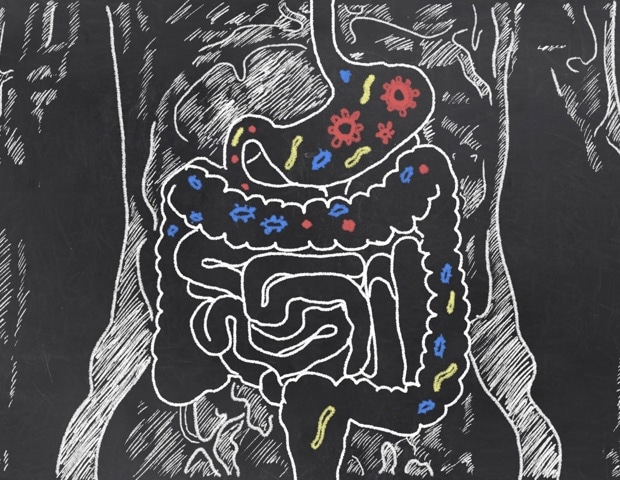In a recent study, researchers at the University of California, San Diego, have provided new insights into the central role of goblet cells-;specialized cells that line the gut-;in maintaining a healthy and balanced immune environment within the gastrointestinal (GI) tract. Led by Dr Fernanda Raya Tonetti, with Dr. Cristina Llorente directing the project and making significant contributions, the study underscores the critical roles of these cells, which act not only as a physical barrier but also as a sophisticated communication link between the gut lining and the immune system.
Goblet cells secrete mucus, forming a protective layer that prevents harmful pathogens from reaching the inner gut tissues. However, Dr Llorente points out that these cells serve far beyond mucus production: “Goblet cells are dynamic guardians of gut immunity, engaging in multiple protective actions that include not only pathogen defense but also immune system modulation to ensure a balanced response.”
The researchers discuss the role of goblet cells in creating specialized structures known as Goblet Cell-Associated Passages (GAPs), which act as channels through which immune cells can access the contents of the gut lumen. This unique function enables the education of the immune system by sampling benign dietary substances and regular microbiota while monitoring for harmful invaders, maintaining gut tolerance, and preventing unnecessary immunogenic responses.
The study also reveals a critical relationship between goblet cells and the gut microbiome-;the community of trillions of microbes in the GI tract. This relationship is mutually supportive: beneficial gut bacteria promote healthy goblet cell function, while goblet cells produce the necessary environment for a balanced microbiome. However, disruptions to this balance, such as from infections or dietary changes, can impair goblet cell function, potentially contributing to various GI diseases, including colorectal cancer, inflammatory bowel disease, cystic fibrosis, and liver diseases.
Dr. Tonetti states, “This interplay between goblet cells and the gut microbiome is essential to sustaining both a strong immune defense and tolerance.”
The findings open promising avenues for therapies that target goblet cell functions and could help develop treatments for GI diseases affecting millions globally. By harnessing goblet cells’ unique protective mechanisms, future therapies could reduce inflammation, support gut barrier integrity, and restore healthy microbiome balance. Dr. Llorente and her team believe these therapies could represent a breakthrough for conditions that are difficult to manage with current treatment options.
Source:
Journal reference:
Tonetti, F. R., et al. (2024). Goblet cells: guardians of gut immunity and their role in gastrointestinal diseases. eGastroenterology. doi.org/10.1136/egastro-2024-100098.
Source link : News-Medica

